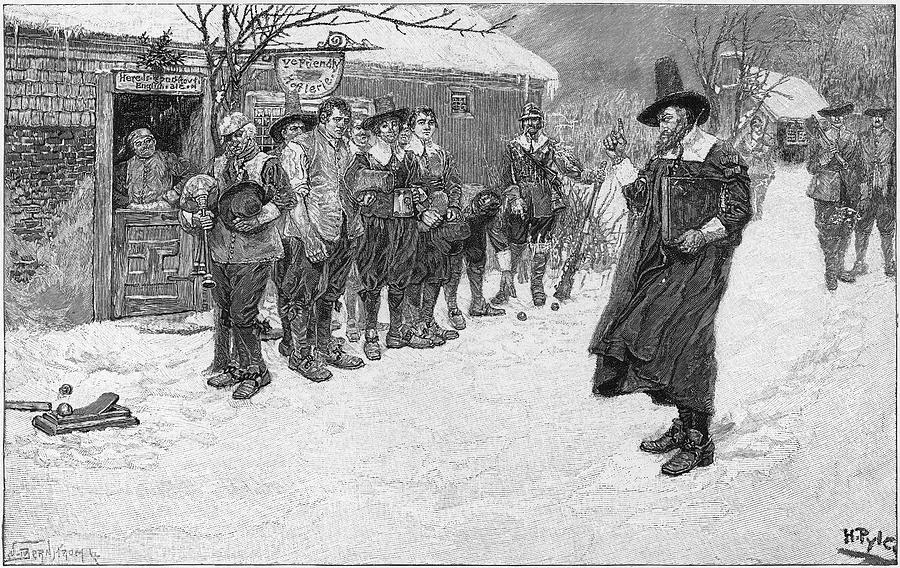
Barack Obama had a damn good week.
We in Massachusetts have been walking with particular spring in our step following Obama’s best week ever. After all, it was Massachusetts that first legalized gay marriage in 2003 and, soon after, in 2006, became the first state to guarantee universal state-wide healthcare. When smug, we like to point out last week’s most salient SCOTUS decisions only caught the rest of the country up to where Massachusetts has been for about a decade: marriage is just marriage and healthcare for all.
An easy takeaway from this Massachusetts-led policy diffusion is that our political culture is uniformly progressive and trendsetting. Make-no-mistake, these are key components. Beacon Hill did show bold progressive vision in being the first state to pass and implement statewide healthcare and gay marriage. In keeping with T.H. Marshall’s concept of social citizenship, these early policy decisions showed the other forty-nine states that we actually live up to our “Commonwealth” moniker when it comes to social policy and civil rights.
Stopping there paints a woefully incomplete picture of Massachusetts' political culture though. Long-standing puritanical influences were also on display last week in the arduous implementation of medical marijuana and considerable consternation over the first legal slot casino within our borders. Voters passed medical marijuana three years ago and the first dispensary only opened only last week. As the Globe reported, arrival at the dispensary is by appointment only and the regulations placed on legal medical marijuana are the most stringent in the country. And gambling. Love it or hate it, one cannot miss the heavy moralism surrounding MA’s cautious moves into slot machines in Plainville or the overall debate regarding casino location, licenses, and addiction.
So while progressivism leadership and social citizenship define much of our social policy, the Bay State is no loosey-goose on “moral policy.” Puritanical influences exert heavy, if less named, influence. Sin -- and governmental protection from it -- remains central in Massachusetts. Hester Prynne must be thinking: the more things change the more they stay the same.
This makes our political culture recipe one part progressive and one part puritan. And something else for bland spice... Brahmin.
This too was on display last week as the Commonwealth implemented on-line voter registration. We are just 21st among the 50 states in doing so -- middle of the pack. And, up until 2014, Massachusetts was ranked just 42nd in terms of ease of casting a legal ballot. In short, our policy decisions on voting and electoral registration have made it more difficult for the “have not’s” to vote. The faces of our state legislature punctuate this theme. In 2014, the Commonwealth was 25th among the states in terms of the number of women elected to the state legislature. In 2009, our Congressional delegation had zero individuals of color in it despite 20.8% of the state being minority. No member of the U.S. House or Senate delegation from MA is of color today.
So who runs MA? It’s still mostly economically privileged white men. You know, the Boston Brahmin 2.0. Progressive leaders on some issues, heavily moralistic on other policies, and highly adept at using policy to protect their position.
Last week then did tell us quite a bit about Massachusetts’ political culture. The Supreme Court’s healthcare and gay marriage decisions made many of us proud of the path our inclusive social policy paved. Medical marijuana, gambling, and on-line voter registration nonetheless showed the Bay State both policy leader and laggard, equal parts progressive and moralist, as well as more elitist than pluralist.

